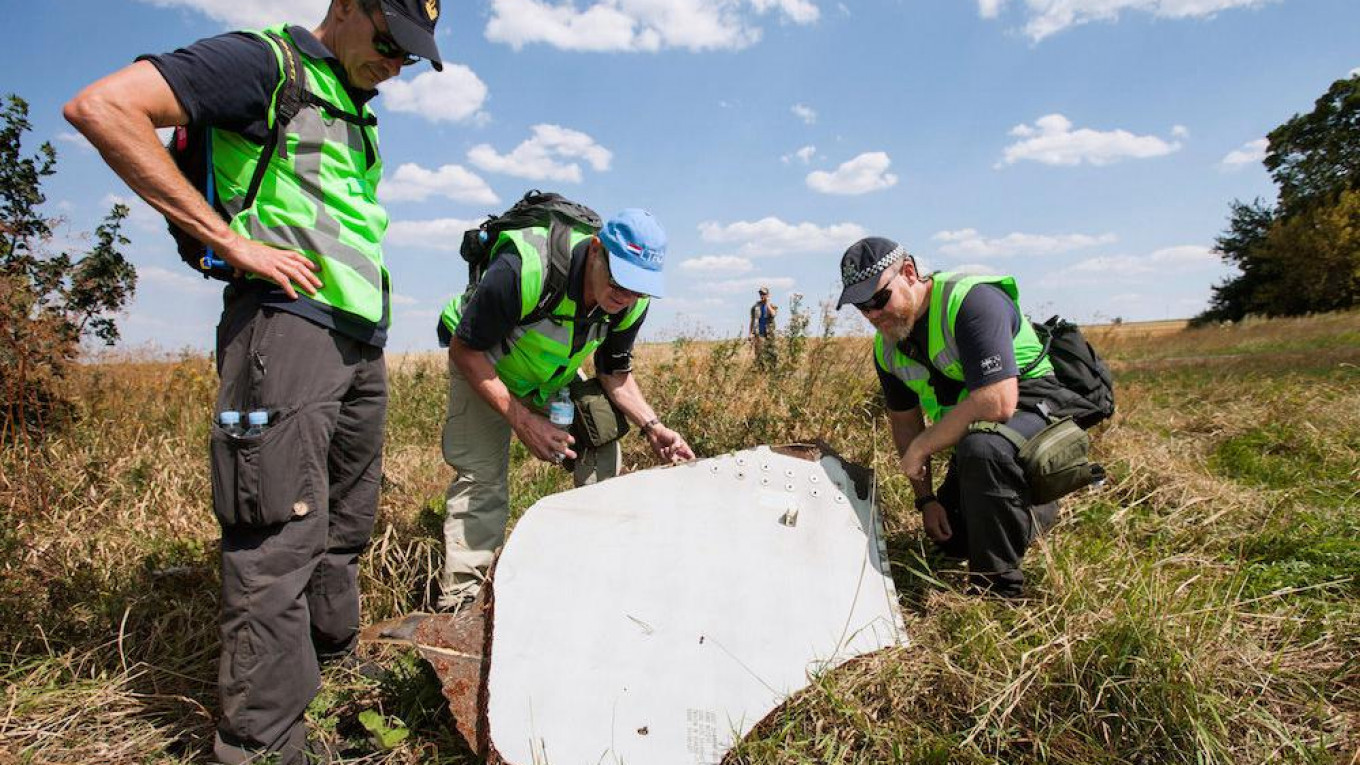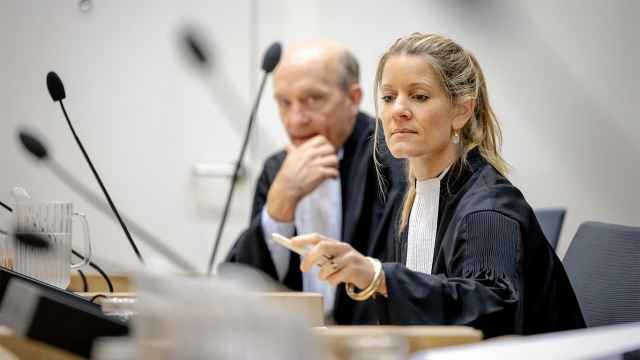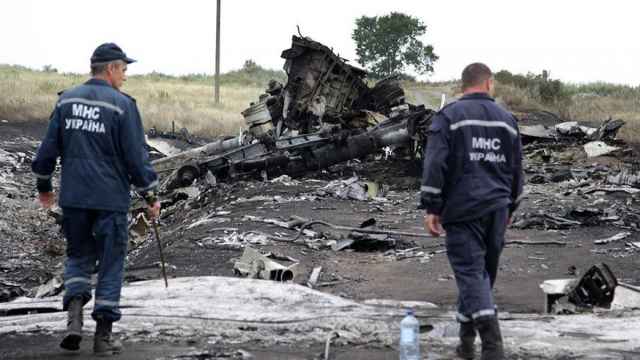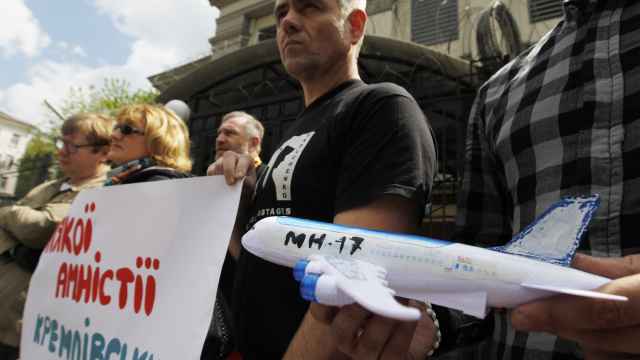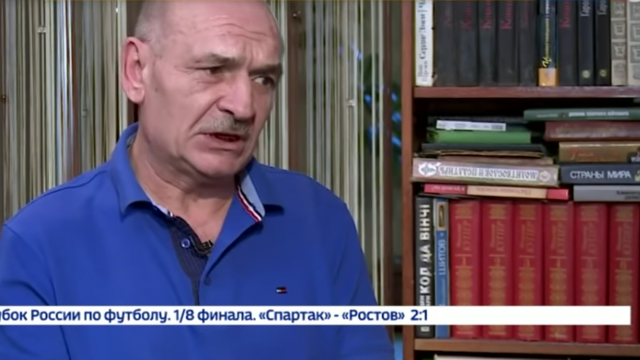Three years after Malaysia Airlines Flight MH17 was downed over eastern Ukraine, the Joint Investigation Team (JIT), comprised of Australia, Belgium, Malaysia, the Netherlands and Ukraine, announced its decision on July 5 to begin investigations and prosecutions in the Netherlands.
This development is not surprising given that most of the victims were Dutch and that the Netherlands has led the JIT investigation into the crash so far.
It also shows the determination of the JIT states to bring those responsible to justice, particularly after Russia vetoed an attempt to establish an ad hoc international tribunal in the UN Security Council in July 2015.
Courts in the Netherlands will now be able to investigate and prosecute those responsible for the downing of MH17 on the basis of four legal sources.
First, under the Dutch penal code. Second, under the Dutch International Crimes Act of 2003. Third, on the basis of the 1971 Montreal Convention, which allows the domestic prosecution of anyone who has committed unlawful acts against the safety of civil aviation. And, finally, under the judicial cooperation agreement signed with Ukraine on July 7.
The treaty allows MH17 suspects to be prosecuted in the Netherlands in respect of all 298 victims, who originated from 17 different countries. This means all next of kin will have the same rights in the Dutch proceedings, regardless of nationality.
So why can the Netherlands exercise criminal jurisdiction in this case, if the incident occurred in Ukraine?
Ukraine could lead the investigation, but the country’s leadership has said it would be difficult because of the ongoing conflict in Donbass where the downing took place.
This is why Kiev triggered the International Criminal Court (ICC)’s jurisdiction over crimes allegedly committed on its territory from Feb. 20, 2014, onwards. The ICC Prosecutor is currently doing a preliminary examination over alleged crimes committed on the territory of Ukraine. This process could lead to the opening of a criminal investigation by the Court, which could potentially include the downing of MH17 as a war crime.
A Series of Obstacles
However, using multiple criminal prosecution mechanisms at the same time, the Dutch domestic courts and the ICC, could be problematic.
First, under the basic principle of ‘ne bis in idem,’ no person can be tried twice for the same crime. If a Dutch court prosecutes a suspect, it may prevent the ICC from prosecuting the same person for the same crime.
When it comes to gathering evidence, selecting suspects and conducting trials, the JIT will have to coordinate with the ICC to avoid duplication and wasting resources.
As a possible solution, a division of labor between the jurisdictions and among the actors involved could be arranged. For example, the ICC could decide to prosecute those most responsible for the incident, or leave the case to be tried in the Netherlands.
There are also other challenges. It will be difficult to meet the high standards of proof required for establishing suspects’ guilt beyond reasonable doubt, including proving the suspects ‘knowledge and intent’ for an alleged war crime.
There will be procedural obstacles when it comes to cooperation and sharing crucial evidence. Clear examples of this are the thousands of intercepted telephone calls gathered by Ukrainian law enforcement and intelligence agencies.
Some of this evidence can be shared with JIT investigators, the ICC and the Dutch prosecutors. But in some cases, much of this data cannot be shared due to some restrictions in the Ukrainian legal system.
This is the case, for example, with evidence that may have been acquired or intercepted during special legal procedures into the downing of the MH17, including investigations carried out in the interest of state security.
The bilateral agreement between the Netherlands and Ukraine addresses some of these issues by reducing or simplifying some procedural hurdles — the treaty allows the examination of Ukrainian defendants via video link or the transferring of enforcement of prison sentences that may be imposed, due to extradition restrictions in the Ukrainian Constitution.
Finally, a major obstacle is how to obtain custody of the potential suspects, particularly if they are located on Russian soil. It is unlikely Russia will extradite potential Russian suspects, in spite of international pressure, in light of the region’s current geopolitical tensions.
In this case, trials in absentia, where the suspect is absent from the legal proceedings, could prove to be a limited, yet practical, solution.
Regardless of these challenges, the decision to initiate prosecutions in the Netherlands, adding another layer of available legal redress for the incident, should be welcomed.
It shows that the JIT states are serious about seeking justice for the victims of this tragic incident and their relatives.
Aaron Matta is an expert in international law with working experience at International Courts. He also recently co-founded The Hague Council on Advancing International Justice, a network for and with practitioners, academics, and policymakers in the area of international justice.
The views and opinions expressed in opinion pieces do not necessarily reflect the position of The Moscow Times.
A Message from The Moscow Times:
Dear readers,
We are facing unprecedented challenges. Russia's Prosecutor General's Office has designated The Moscow Times as an "undesirable" organization, criminalizing our work and putting our staff at risk of prosecution. This follows our earlier unjust labeling as a "foreign agent."
These actions are direct attempts to silence independent journalism in Russia. The authorities claim our work "discredits the decisions of the Russian leadership." We see things differently: we strive to provide accurate, unbiased reporting on Russia.
We, the journalists of The Moscow Times, refuse to be silenced. But to continue our work, we need your help.
Your support, no matter how small, makes a world of difference. If you can, please support us monthly starting from just $2. It's quick to set up, and every contribution makes a significant impact.
By supporting The Moscow Times, you're defending open, independent journalism in the face of repression. Thank you for standing with us.
Remind me later.



